
By Ama KUDOM-AGYEMANG
Accra is hosting what promises to be one of Africa’s most significant youth-led gatherings on climate action and sustainable development.
More than 2,000 young leaders, policymakers, entrepreneurs, and development partners from across Africa have gathered for the 2025 African Youth Conference on Natural Resources and Environmental Governance (AYC-NREG).
The in-person attendees and online participants will explore innovative, youth-led solutions to manage the continent’s vast natural wealth for sustainable development.
Under the theme: “Transforming Africa’s Natural Resource Governance through Youth-Led Solutions,” the conference runs from Thursday, 11th to Saturday, 13th September, 2025.
The Strategic Youth Network for Development (SYND) is organizing AYC-NREG 2025, which is endorsed by the Minister of State for Climate Change & Sustainability at the Office of the President.
The Minister’s office sees the congress as a means to collate more vital input to undertake its mandate of tackling urgent challenges posed by climate change. It will steer Ghana toward a sustainable future, which other African countries can replicate in addressing climate and environmental crises through youth participation.
Youth Voices in Governance and Green Entrepreneurship
The essence of this youth-led congress is that Africa is home to 30 percent of the world’s mineral reserves, 8 percent of natural gas, 12 percent of oil, and 65 percent of the planet’s arable land according to the United Nations Environment Programme (UNEP). Notwithstanding all of this wealth, the continent continues to face deep challenges including poverty, youth unemployment, inequalities and environmental degradation.
The situation obviously necessitates a new approach, one that places young people at the center of solutions. Hence, the timeliness of AYC-NREG 2025, which according to SYND’s Executive Director, Chibeze Ezekiel, is not just another conference. “It is a call for a paradigm shift, for a new generation of African youth with the mindset and conscience to eradicate poverty, fight corruption, and ensure our natural resources are managed for the prosperity of all,” he stated in an interview.
Reflecting over young people’s natural capabilities that should be identified and nurtured, Chibeze noted: “young people are gifted with energy, abilities, potential and innovative ideas that can be nurtured and maximised profitably to demonstrate their value in Africa’s transformation agenda.” Hence, the need to create the opportunities for African youth to bring their potentials to bear, such as through AYC-NREG 2025 that has provided a forum for them to showcase their role and relevance in transforming the continent’s natural resource governance.
The Congress agenda includes a high-level session featuring key government officials, private sector actors, development partners, the diplomatic corps and a Guest Speaker who will address the formal opening. There will also be break-out sessions and side events on thematic issues.
Youth Unlocking Opportunities
One of the major thematic discussions is Africa’s energy transition from fossil fuels to renewable energy. The importance of this discussion is underpinned by the fact that more than 600 million Africans still lack access to electricity, despite the continent’s critical minerals such as cobalt, lithium, and manganese that are central to clean energy technologies.
This situation presents a clear inconsistency because, while Africa holds the keys to the global green economy, its people risk being left behind. So, youth innovators at the congress will showcase solutions in renewable energy, off-grid power systems, and clean cooking technologies. The discussions will focus on governance structures that ensure communities benefit equitably from the continent’s resource wealth.
Side events will focus on agribusiness, sustainable tourism, digital technologies, waste management, and climate change finance. These are the sectors that hold untapped opportunities for Africa’s youth to lead value addition and diversification, reducing the continent’s over-reliance on raw commodity exports.
Building a Lasting Legacy Beyond 2025
Since its humble beginnings in 2023 as a national conference in Ghana, the initiative has rapidly evolved and grown into a continental platform, attracting young leaders from 11 African countries in 2024 to dialogue on issues such as responsible mining, food sovereignty, and the energy transition.
The 2025 edition, is set to be the biggest yet. With its combination of high-level policy dialogue, grassroots innovation showcases, and youth-focused exhibitions, the Congress aims to leave a lasting legacy, Chibeze said.
“It should be a legacy that clearly depicts African governments intentionally creating policy-backed enabling environment for youth participation and inclusion, providing incentives to support youth-led businesses or enterprises.”
He added that governments should spearhead provision of relevant education and skills training for young people to pursue their own aspirations. They should further create a special support system for youth-led interventions, devoid of the complex and frustrating situations in complying to statutory requirements.
Chibeze also wants to see the Private Sector providing financial support to young people in business and going into partnership agreement with potential youth-led organisations. They should also dedicate certain aspects of their businesses such as procurements and service delivery specifically to youth-led businesses as a way of helping them to grow and upscale.
A Future Shaped by Youth Participation
On the practical outcomes to be expected from the AYC NREG 2025, the SYND Executive Director, would like to see young people finding new ways of enhancing their advocacy and youth-led solutions in their respective countries. He emphasized that the impact stories to be shared at the meeting will demonstrate the important role of young people’s participation in the management of the continent’s rich natural resources.
Chibeze was certain that once the congress ends, participants will demonstrate their commitments to key actions by engaging their respective country governments to secure their buy-in through policy change to trigger opportunities that will cover more young people.
In looking ahead, he pointed out that Africa’s youth population, which is projected to double by 2050, “means countries need to be very intentional on how our natural resources are managed.”
This is because population increase means more demand for natural resources which are already being depleted at a fast rate.
Therefore, Chibeze cautioned: “following the act of “business-as-usual” will lead to serious unintended consequences including security threats in the near future.” To forestall such a development, he urged African governments to “prioritise the involvement and engagement of young people on better ways of managing our natural resources, since that will determine the welfare of their future.”
The post African Youth Conference 2025: Young Leaders set agenda for Green Growth and Resource Governance appeared first on The Business & Financial Times.
Read Full Story



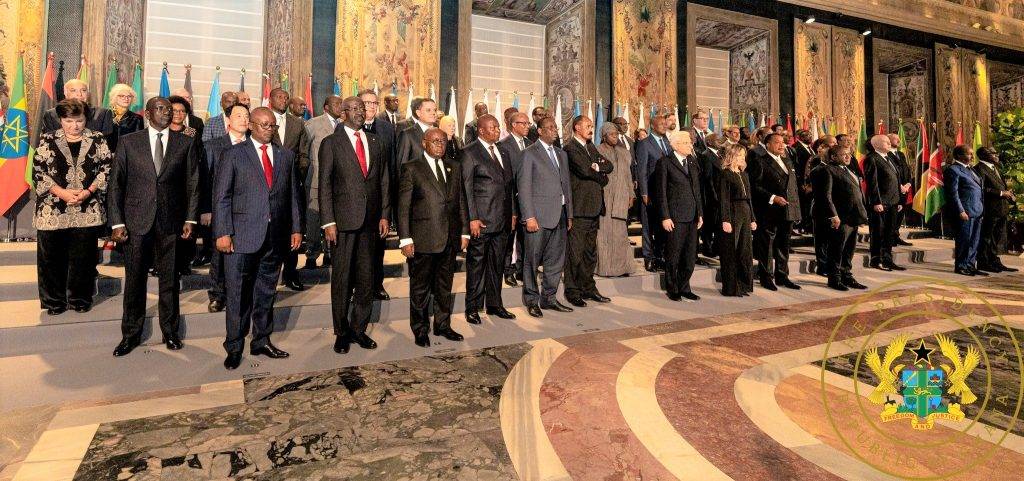
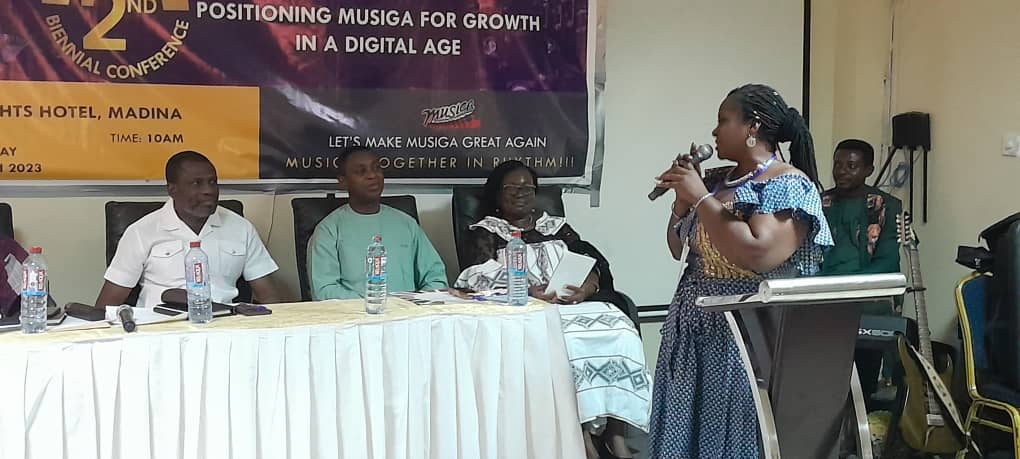

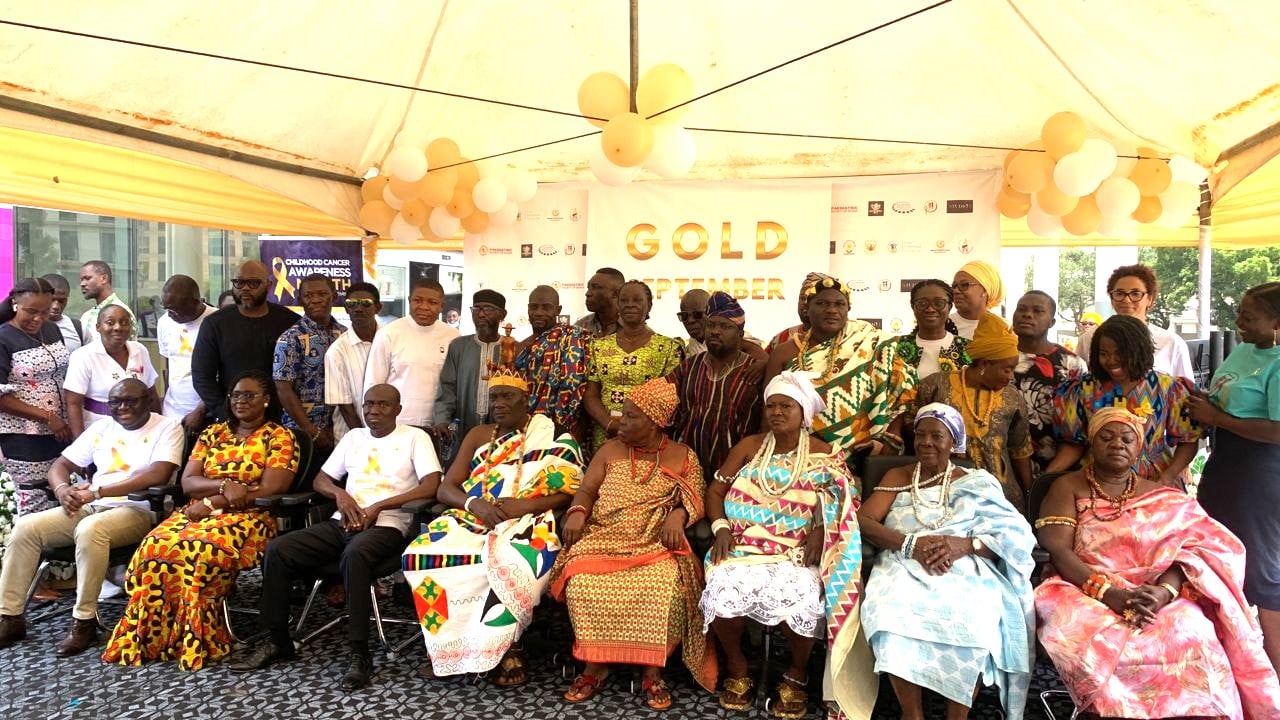

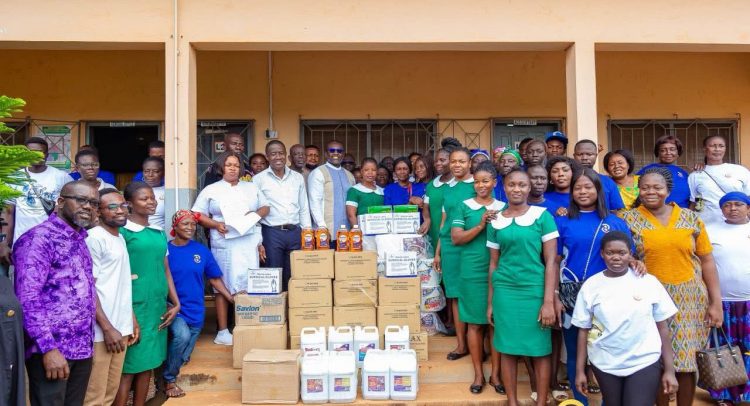



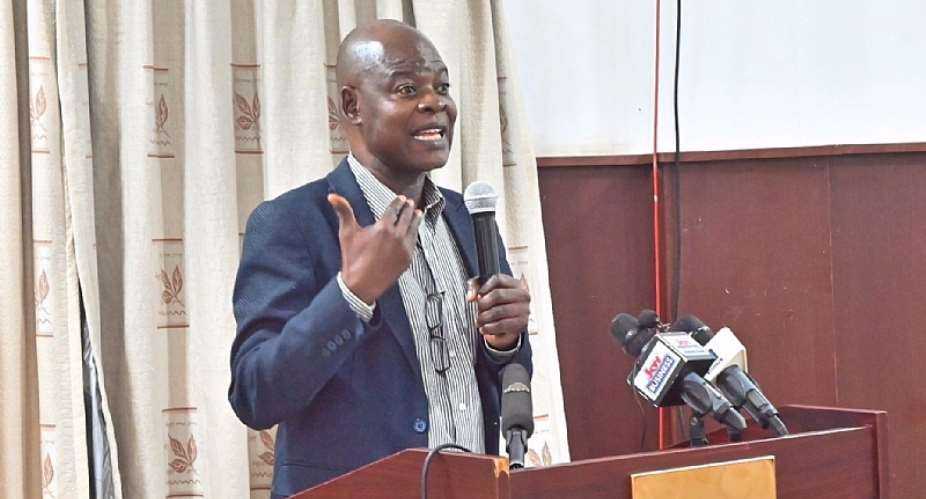





Facebook
Twitter
Pinterest
Instagram
Google+
YouTube
LinkedIn
RSS